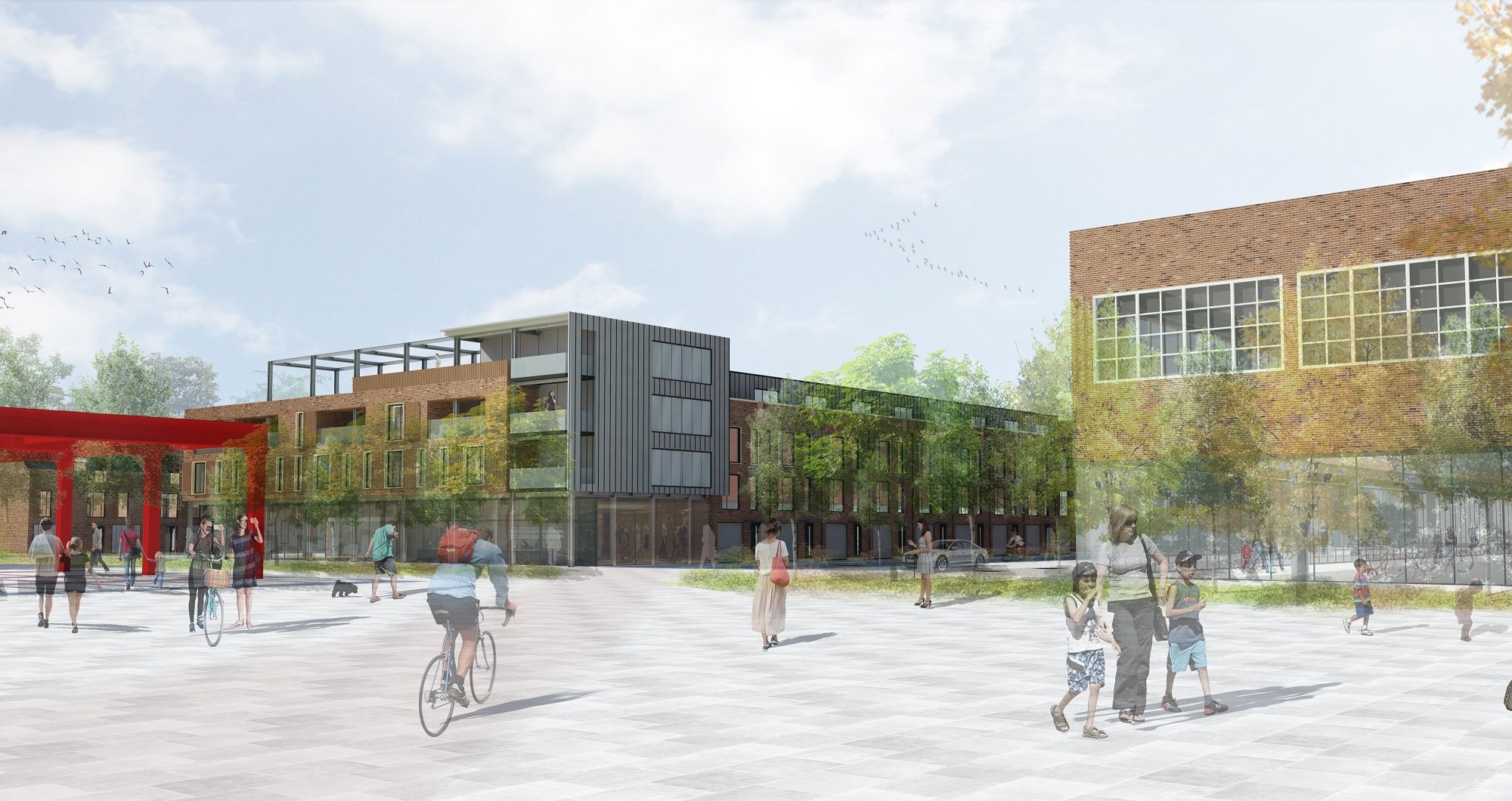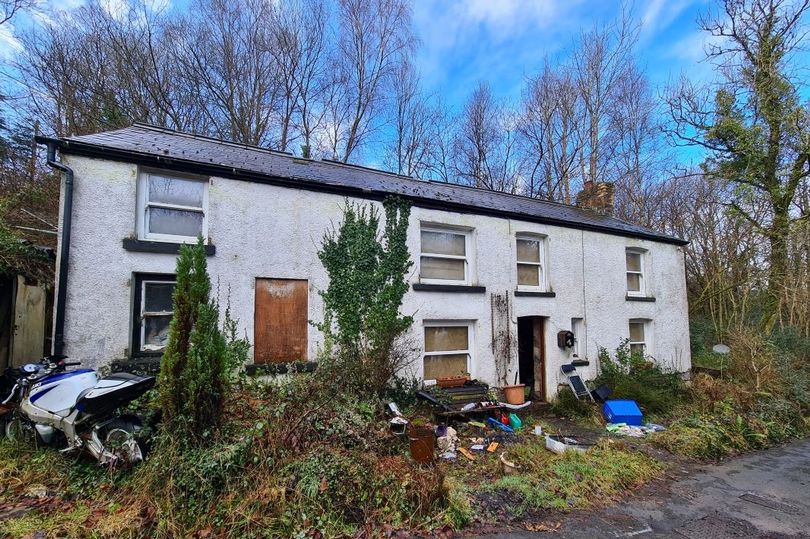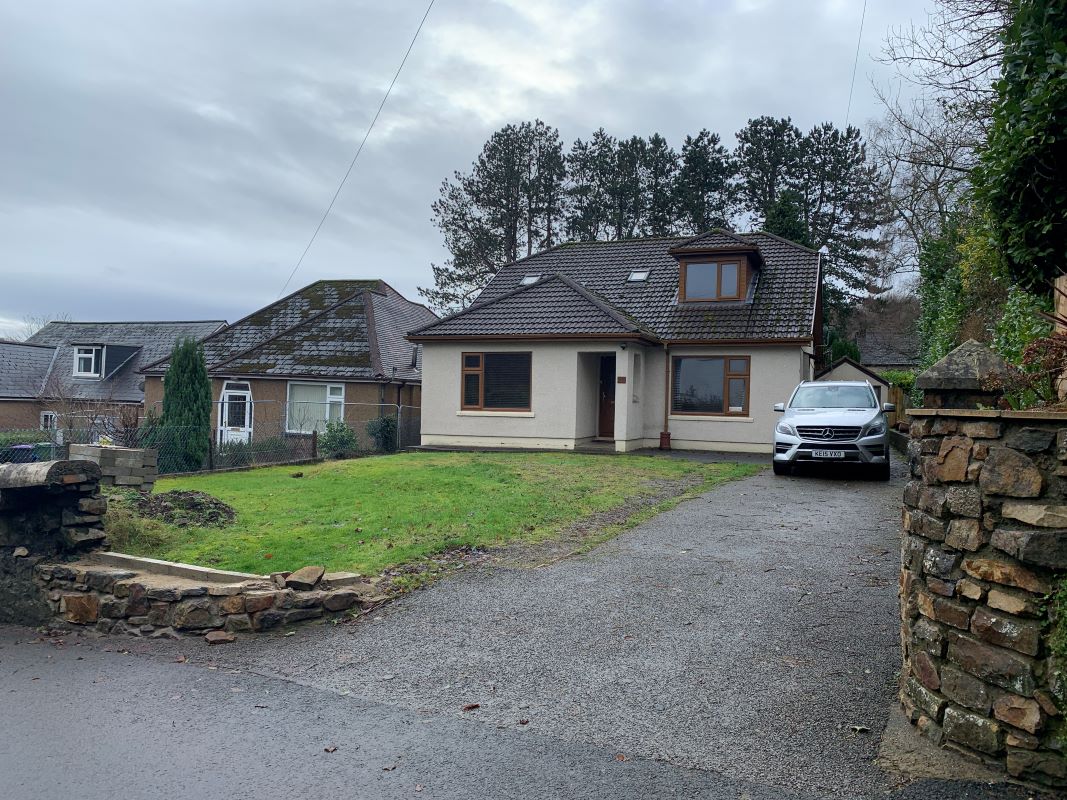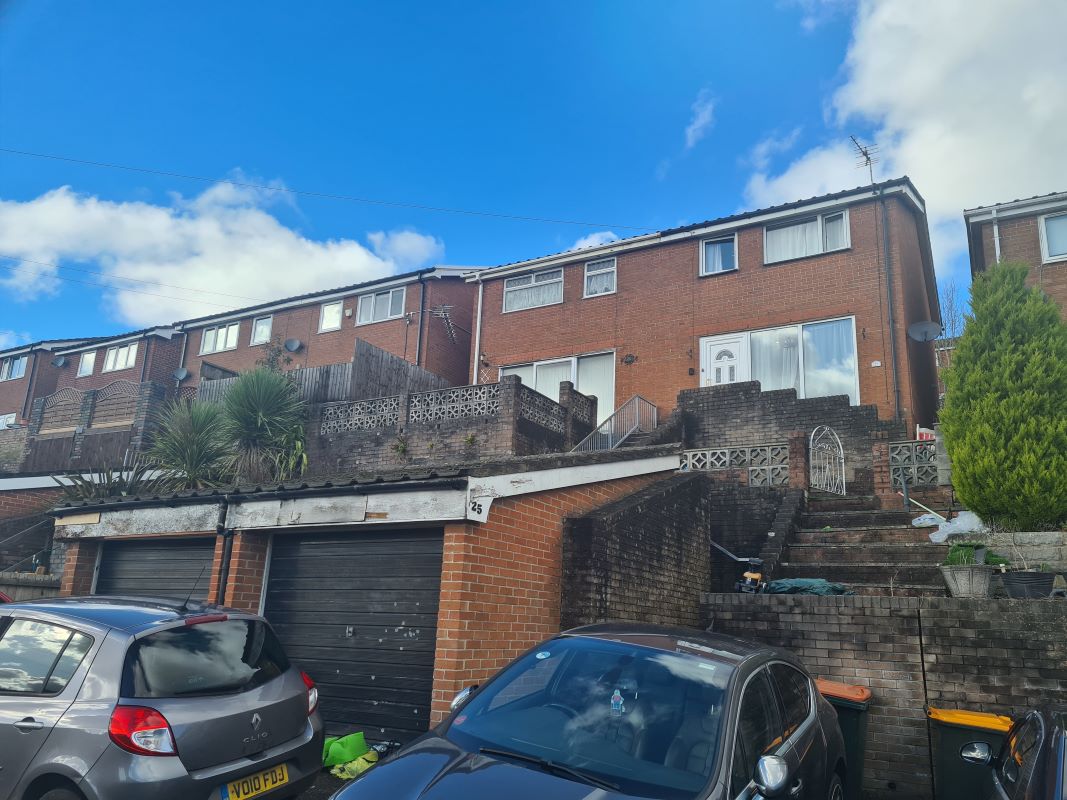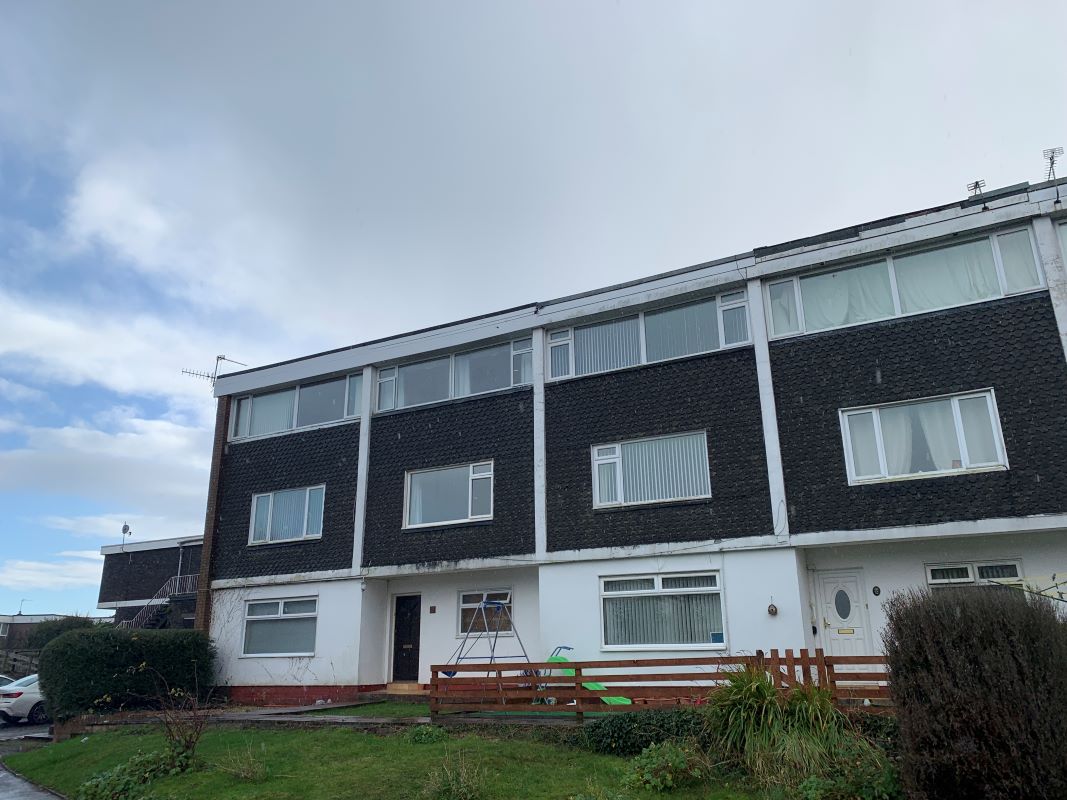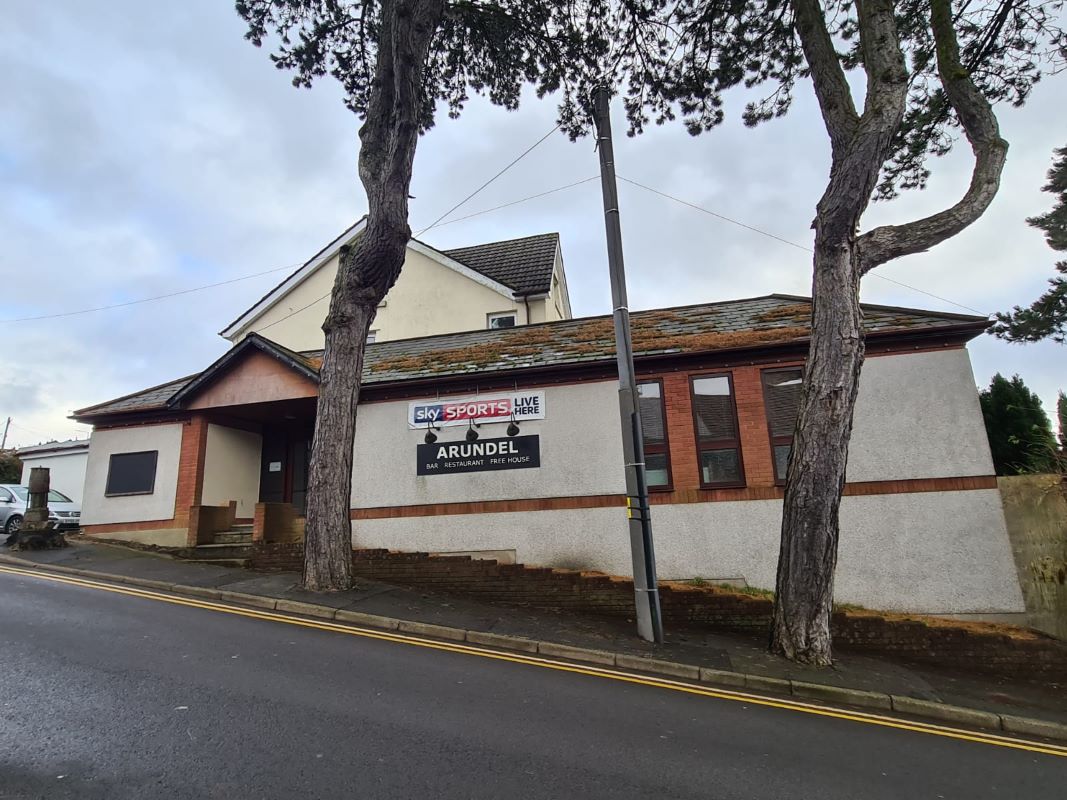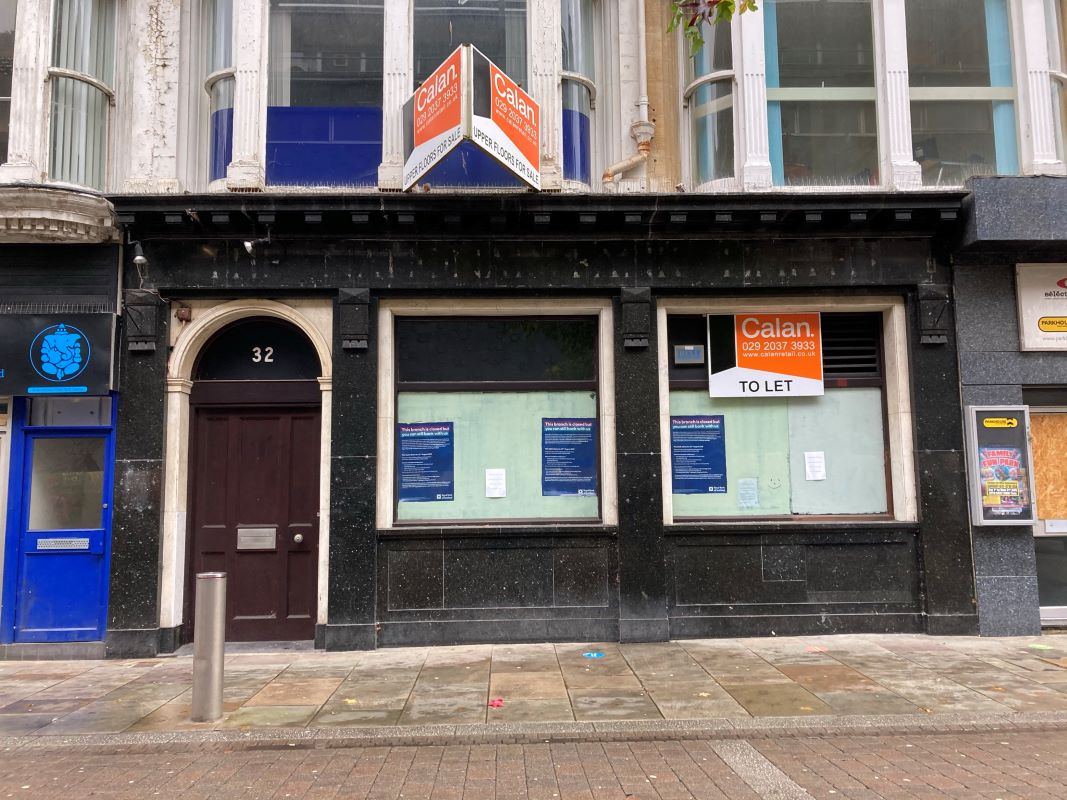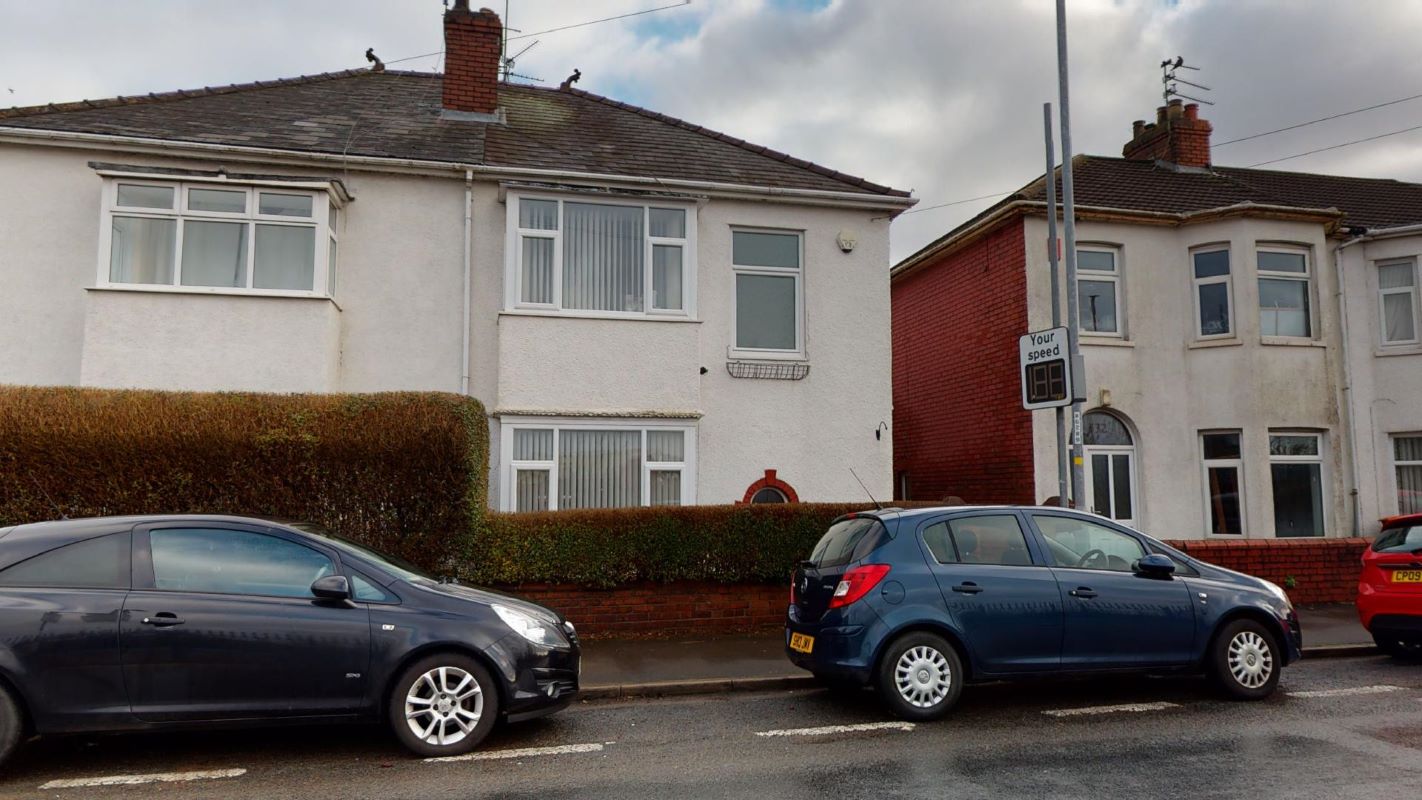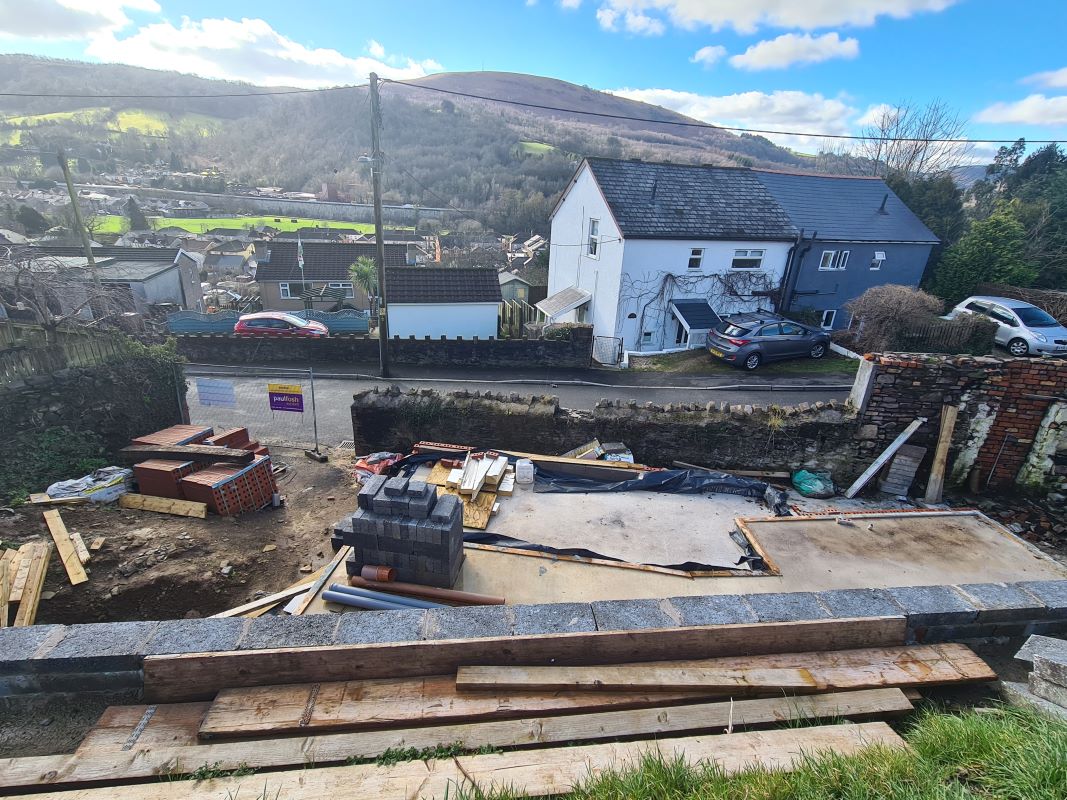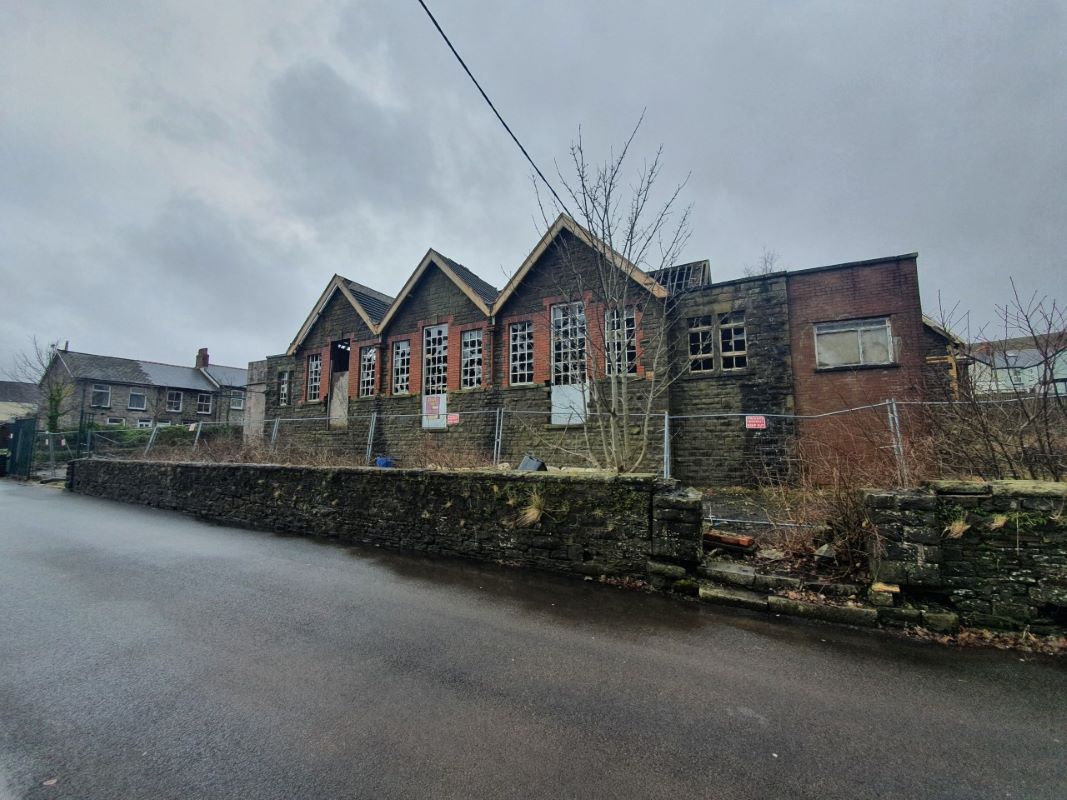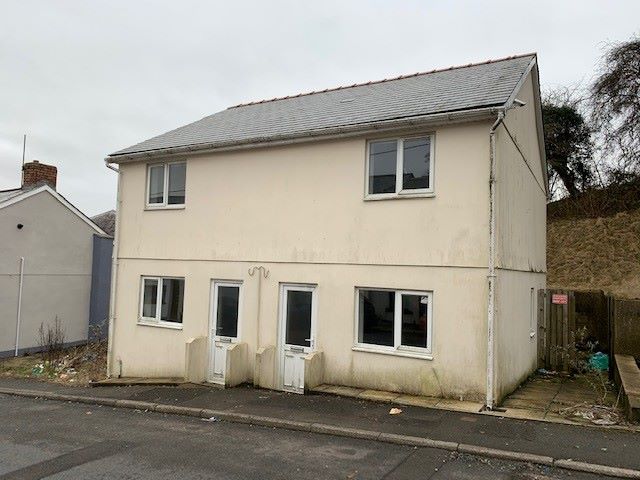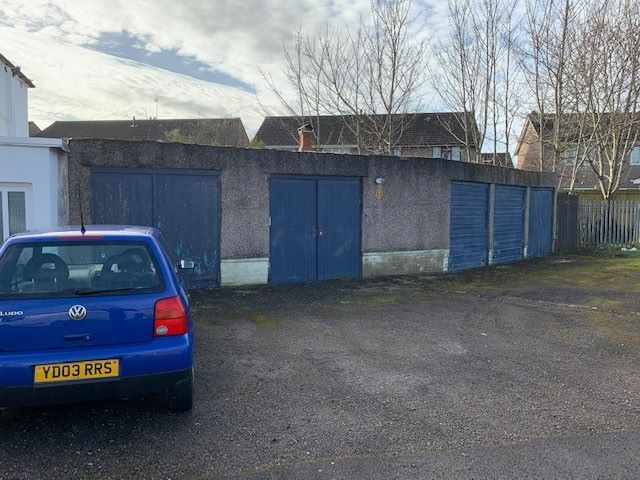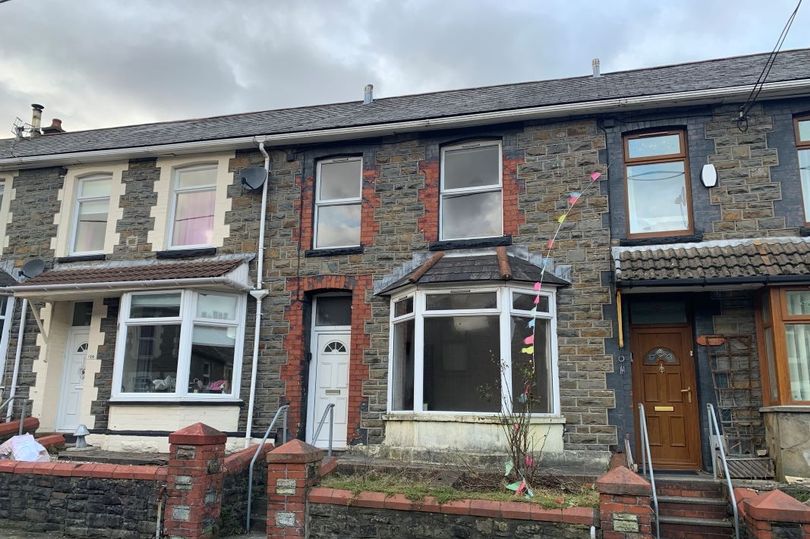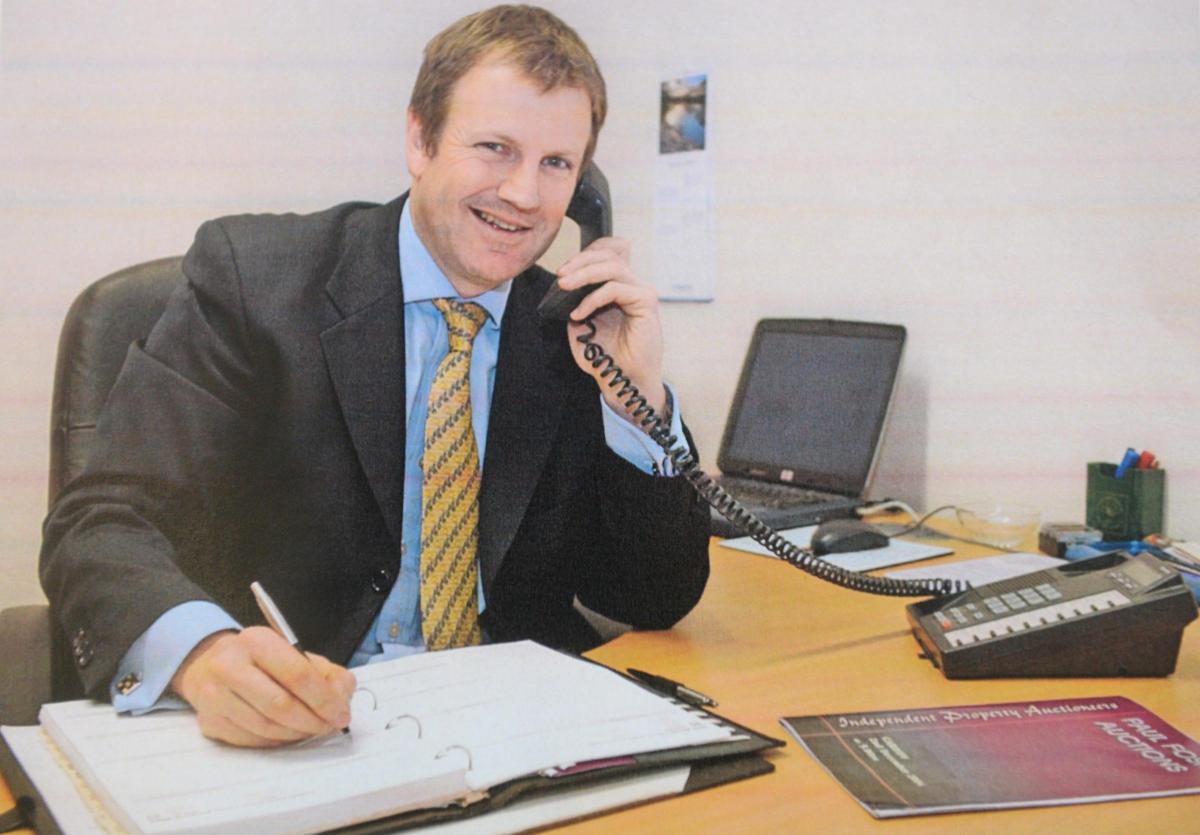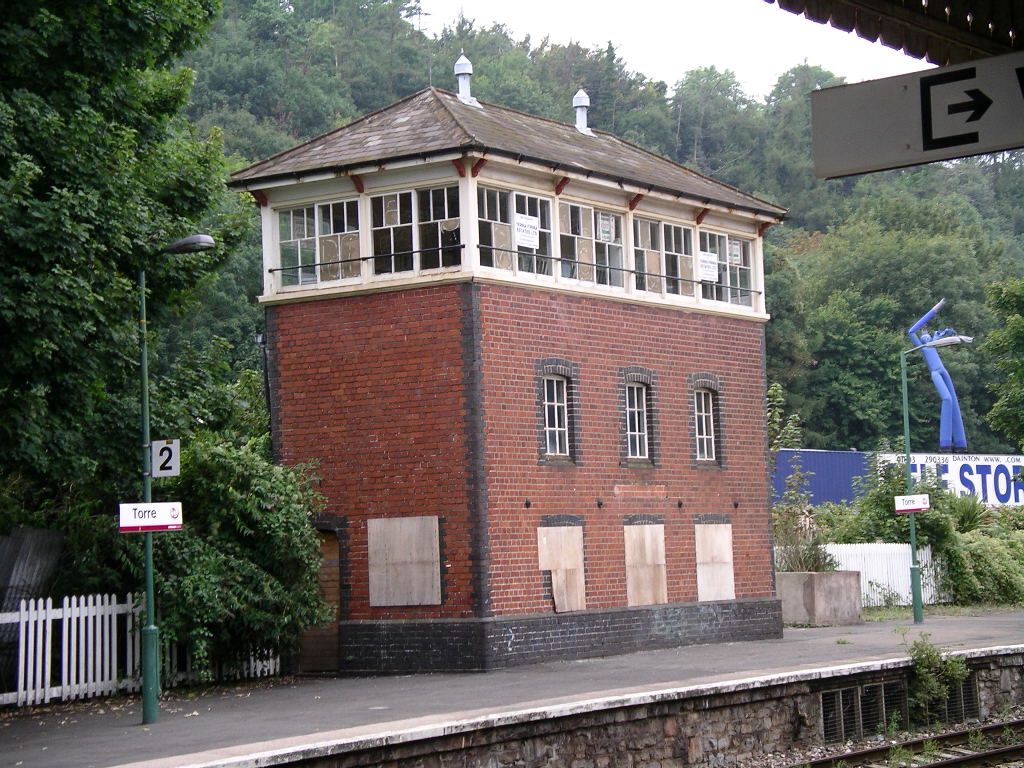THE Covid-19 pandemic has created the biggest challenge for Newport-based St David’s Hospice Care in its 40-plus year history.
The hospice’s financial life blood, fund-raising events have been cancelled and its retail shops closed. Despite all this the hospice has managed to continue to provide unparalleled levels of service free to those in need throughout the community.
One service, among its most treasured and valued but sometimes overlooked in the greater scheme of things, is its care for those left behind – the bereaved.
Gillian Tanner, senior manager patient support services, St David’s Hospice Care, explains what the hospice does to help care for the bereaved and the impact their bereavement service has on those mourning the loss of a loved one.

Gillian Tanner. Picture: Ollie Barnes
How long have you been working in the bereavement support service?
I trained as a social worker and have worked at the St David’s Hospice Care in the family support team for 20 years this April. Prior to this I worked in mental health services and was a volunteer with Cruse, the UK bereavement charity. I lead a range of services including the bereavement service which is currently supporting approximately 170 bereaved adults and children. We support adults and children who have experienced the death of an adult, whether they were nursed by the hospice, or not, and whatever their relationship to the person who has died.
Is bereavement better understood these days?
That’s a hard question to answer as many people have good understanding of bereavement and most people do not require support from outside their family, friendship and work groups. However, I know from the work that I do that they can feel there are expectations on them to be ‘ok’ way before they feel they are which can feel like pressure, and cause difficulties for them at a time when they don’t need more than they are already experiencing. So I’d say maybe to be aware that some people will experience grief and sadness for quite some time and not to make assumptions about that, ask them how they are coping with their loss – clichés can be very hurtful and diminish the loss an individual is feeling.
How does bereavement affect people?
There are common feelings such as shock, anger, guilt, fear, blame, relief, numbness, despair, isolation, emptiness and sadness, but what, and how, someone experiences it is highly personal.
Everyone is different, and their relationship to the deceased is different plus people all have different coping styles and resources available to them. Some people feel overwhelmed by grief, others think it important to keep grief under control.
There can be a mix of physical, emotional, spiritual and social effects. Common effects can be a loss of interest in daily activities and events, struggling to find a sense of meaning or purpose in life, poor sleep, loss of appetite, low mood, anxiety, intrusive thoughts about the person who has died.
How would you describe what it is that you do?
The aim of the service is to help people understand their grief and find their own ways to process their thoughts and feelings.
How more challenging has it been to provide your service during the pandemic?
Initially, we were not sure how well the switch from face-to-face to telephone and virtual platforms would be for the service but feedback from those receiving the support and those providing it is that it works well. If the bereaved only has a mobile phone poor signals can make listening more challenging than with a landline or in person but you have to work with what’s available.
What are the best personal qualities a person should have to be an effective bereavement support person?
You need to be a compassionate listener, able let people talk about what happened, and how they experience it even when that is really hard for them. You need boundaries – this is about them and their grief, not our feelings. You need to be respectful, kind, patient, and able to give support at the pace of the bereaved person, and understand confidentiality.
How can people best help those who are bereaved?
I always remember a bereaved person I worked with once told me that in Denmark if someone asks you ‘how are you’, they really want to know, that’s why they asked. Whereas here it’s often used as a greeting or general conversation opener and a genuine answer by the bereaved gets rebuffed. If you don’t really want to know how a bereaved person is just greet them with ‘hello’. But if you are a friend, work colleague, partner or employer make the time to genuinely ask, good support from those in our own communities really can make a positive difference to bereavement.
Do you believe people should be allowed statutory ‘bereavement leave’ from work?
I think people should be able to have the leave they need if they are responsible for organising a funeral and to deal with any immediate practicalities, and should not be made to feel they cannot have time off if they can’t work. Some people take sick leave and many people actually find that returning to work is the right thing to do for them.
What do you regard as a good outcome personally after you have been supporting a bereaved person?
That they understand their grief and feel that they have come through the experience, and are able to see a future for themselves without the deceased.
What are or are there ‘tell tale’ signs or indications that a bereaved person may need help?
Every bereaved individual will experience things differently but when responses that are prolonged, extreme, overwhelming, and behaviours that are quite changed could all be indications that someone is struggling and needs more support from those around them, more information about bereavement, or depending on the severity from a bereavement service.
If you would like to bereavement support or wish to know more about the care provided by St David’s Hospice Care call 01633 851051.
‘His courage and determination amazed all, especially me’
CAROLE Atwell found life very difficult and challenging with little sense of purpose when lifetime partner and husband David died.

Mrs Atwell, aged 81, of Newport, was married to former Mayor of Newport and businessman David Atwell for 57 years before he passed away, aged 77, in January 2018
Cllr Atwell led a very full life. After completing a joinery apprenticeship he started his own joinery business aged 22 and then set up a construction firm which built everything from fire stations to small housing estates.
He was also a very active member of Lions International for 47 years and then became a local councillor for Langstone, eventually serving the city of Newport as its mayor.
Mrs Atwell said: “In his last year of office when he was Mayor he was diagnosed with a brain tumour. Following surgery he returned to his duties a week after leaving hospital attending a Rotary event, followed by the carol service at the civic centre .
“There followed his presence at a 100 further engagements before his year ended in May 2017.
“His courage and determination amazed all, especially me. His speech was badly affected, but he was a great communicator with a smile.
“David spent the last month of his life in the care of St David’s Hospice, however the support started a lot earlier. We heard that St David’s Hospice Care was starting a choir and as David and I had been involved in choirs I thought it would help with his voice.
“We didn’t feel we needed much help then but we attended the choir however David found it difficult. He couldn’t read the words and was not familiar with the songs. I enjoyed it more than he did and with all our Mayoral duties we decided not to continue. But we were still having visits to St David’s Hospice Care for soup at lunch sometimes which David enjoyed.
“Later they became a life line and all the time David spent in the hospice I was being supported, so some time afterwards I rejoined the choir.
Mrs Atwell said that after her husband, best friend and partner in everything we did died she found things very difficult with no sense of purpose after the long years of serving the community and 57 years of very happy marriage and family.
“Then I was introduced to St David’s Hospice Care’s bereavement support service and Gill Tanner. It has been so beneficial.
“I have always thought I was strong but I couldn’t talk or feel supported by anyone else. I left feeling I could cope. Being in the loving, caring atmosphere of the day centre and seeing some of the nurses in the hospice building and having coffee or lunch after choir in the cafe gave me strength.
“Time has passed but the loss has not diminished but knowing at my lowest ebb Gill will listen to the latest anxiety or ‘hiraeth’, encouraging me by saying I am coping well, this is so reassuring.
“At this stage I find telephone support almost as valuable as face to face. Being alone so much I do miss going to St David’s but that affects us all.
“In some ways I don’t feel much progress about my great loss. The difference is even in these very difficult times and living alone, (only seeing your one daughter every couple of weeks and not much contact with the more distant family) I just feel the bereavement support, hospice nurses, when it was possible see them, and Gill in particular, is a substitute family.
“That is why I would encourage anyone grieving, especially in the past year, to seek this support to get you through.
“I don’t know how I would have been able to manage when in just over a year I took on the challenge of selling the house designed and built by David, buying and moving to a more suitable but very small home, leaving lovely neighbours and a village we had lived in for 40 years, all in the nightmare of Covid.”
‘I don’t feel alone and now have made new friends’
A TEENAGER who has been helped by St David’s Hospice Care shared their story.
“My Dad passed away nine years ago. I was referred to Unicorn, St David’s Hospice Care’s bereavement support for children and young people, following several discussions with my school head of year. It was felt I could benefit from speaking with someone about how I miss my Dad.
“I had some counselling previously but found my time with Unicorn the most beneficial coming to terms with my Dad’s passing.
“Unicorn used different activities to help me deal with the grief I was feeling. My favourite was the sentence starters where I got to write down things I wish I had said and things I was feeling.
“I feel as if my anxiety has decreased and I’m able to talk to people now. Mainly because I became part of a teen group through Unicorn with other people going through similar events. I also feel less distracted and can now focus on other areas of my life without constantly thinking about my Dad.
“I don’t feel alone and now have made new friends from the teenage group who I can speak to when I feel down or want to share my feelings with them. I can also relate to all of them as they are going through similar emotions as me.
“My counsellor, Lisa, was so friendly, supportive and reassuring. She was very easy to talk to and made me feel like I was in a safe place. She helped me understand my emotions and she made me feel like I wasn’t alone.

Lisa Hewet. Picture: Ollie Barnes
“Due to the pandemic support has been over the phone in the past year but I don’t think it makes a difference.
“The only part I think would have been better, face to face, is the teen group meeting but even though we met online several times through Unicorn, we still have plans to meet face to face after lockdown.
“I’d encourage others to get involved with bereavement support as it has changed my life and made me realise that staying angry and grieving all the time won’t help me through the rest of my life.
“Unicorn has also helped me move on from the past and look forward to my future. Talking to Unicorn was the best opportunity as they really understand everything I feel and always give the best advice. I do miss my sessions but I know I can always contact them whenever I feel I need it.”
[from South Wales Argus]

